- Dunkin' has launched a chaotic social media campaign featuring its seasonal Spider Donut, using memes and cheeky references across platforms.
- The campaign has garnered significant engagement from other corporate accounts and sparked online conversations.
- This strategy of "unhinged marketing" has been successful for other companies like Goodles and Duolingo, helping them compete against larger brands and grow their user base.
- While it's too early to determine if Dunkin's campaign will translate to in-store sales, Spider Donut merchandise has already sold out online.
- The effectiveness of such quirky marketing approaches in driving actual revenue growth remains difficult to measure directly, but it has shown potential in increasing brand awareness and user engagement.
The corporate social media accounts are at it again-and this time, a new contender is making waves with its unhinged content. Three days ago, Dunkin' took to TikTok, Instagram, and Twitter with a message for the doughnut and coffee chain's combined 7.2 million followers: "Daddy's home."
No, the Canton, Massachusetts-based brand was not referring to its recently single spiritual leader Ben Affleck, who is known for his Dunkin's-fueled paparazzi walks. Instead, Dunkin' was announcing the return of its seasonal Spider Donut ahead of Halloween in the most chaotic way possible.
The treat, which the company says is one of its most popular Halloween offerings, consists of a frosted doughnut topped with a glazed, chocolate Munchkin doughnut hole and icing-drawn eyes and legs. In the past few days, the creature has been wreaking chaos online.
The company's marketing team has turned the doughnut into a meme with cheeky references to Lady Gaga's infamous "bus, club, another club, another club, plane, next place, no sleep" quote and allusions that are not safe for work.
The posts have started a conversation online-to say the least. The Spider Donut's antics are blowing up group chats, generating more than 183,000 likes on Instagram, racking up more than 127,000 views on TikTok, and garnering plenty of engagement from fellow corporate accounts. Other restaurant chains like Subway, Jimmy John's, Denny's, and Outback Steakhouse jumped into the comments. So have the corporate accounts belonging to Ulta, QVC, Pop-Tarts, Foot Locker, Cheez-It, and Pringles. Oreo went as far as to create its own spider cookie with a nod to Dunkin' in its caption.
But will this kooky campaign reach beyond other brands to actual customers? The strategy has worked for other companies before. Goodles co-founder and CEO Jen Zeszut swears by this sort of weird factor. The serial entrepreneur says that's how her better-for-you boxed macaroni and cheese brand has been able to compete against legacy brands with much bigger budgets for paid advertising.
"We can't outspend them, so we have to out-weird them," says Zeszut, who spoke at the Inc. 5000 Conference in Palm Desert, California, last week. "A little bit of joy and a little bit of weird goes a long, long way".
This flavor of unhinged marketing was made famous by Duolingo. In 2020, the language education app started inserting its company mascot, a green owl, into increasingly comical and strange situations on video. None of the content had much to do with learning a foreign language, but the company turned the Duolingo owl into one of the internet's main characters and grew its TikTok following to 13.4 million users.
It's difficult to directly measure whether this shock value-fueled brand awareness translated into actual revenue growth, but over that period, Duolingo more than doubled monthly active users from 42.4 million at the end of 2021 to 103.6 million in the second quarter of 2024. Daily active users more than tripled from 10.1 million in 2021 to 34.1 million in 2024.
So, will the Dunkin' faithful show up to buy the Spider Donut before spooky season ends? It's too early to tell if this meme-fueled chaos marketing will translate to in-store sales, but Spider Donut merch-a $32 crew-neck sweatshirt and a $16 plush spider toy-has already sold out online.
Source: inc.com (the daily digest for entrepreneurs and business leaders)
Vocabulary
- "contender": someone who competes for a position or a prize, especially in a contest or competition. It refers to a person or thing seen as having a good chance of success or victory in a particular situation.
e.g.1 "Their new product is a real contender in the smartphone market."
e.g.2 "She's a strong contender for the gold medal in swimming."
e.g.3 "He's considered a serious contender for the presidential nomination." - "unhinged content": refers to material, often found online or in media, that is considered extreme, disconnected from reality. Often, "unhinged content is designed to shock or provoke strong reactions".
- "frosted doughnut": refers to a type of doughnut that has a sweet, sugary coating on its surface.
"Frosting": the doughnut is then covered with a layer of sweet icing or glaze. - "wreaking": a verb that means to cause or inflict (damage, harm, or revenge).
e.g.1: "The virus is wreaking damage on the global economy." - "allusions": allusions are references to people, events, places, or works of art that are assumed to be familiar to the audience or reader.
e.g.1: "He's such a Romeo" (allusion to Shakespeare's character).
e.g.2. "She's a real Einstein" (allusion to the famous scientist). - "kooky campaign": refers to a marketing, or promotional effort that is characterized by its unconventional, slightly bizarre nature. Kooky means strange, silly or "crazy".
- "we can't outspend them": refers to a situation where one party or organization recognizes that they don't have the financial resources to compete with or surpass the spending of another party.
e,g,1: "Our Startup can't outspend the tech giants on advertising, so we need to focus on guerrilla marketing." - "value-fueled brand awareness": refers to a marketing strategy where a brand places enphasis on promoting its core values, principles, and mission, rather than solely focusing on product features or brand name recognition. The goal is to build a stronger emotional connection with the target audience by demostrating how the brand's values align with the consumers' own beliefs and priorities.
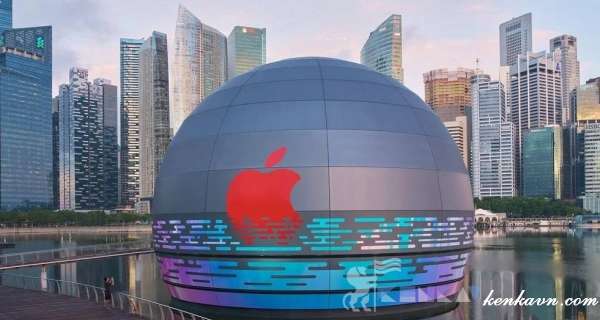
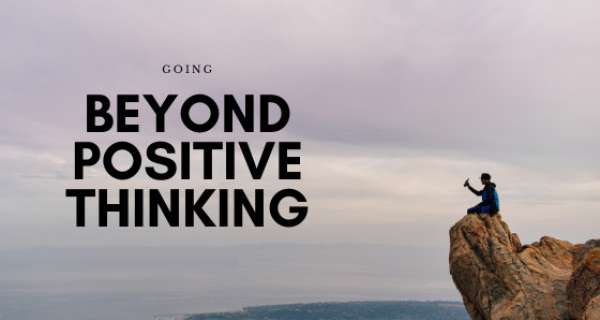
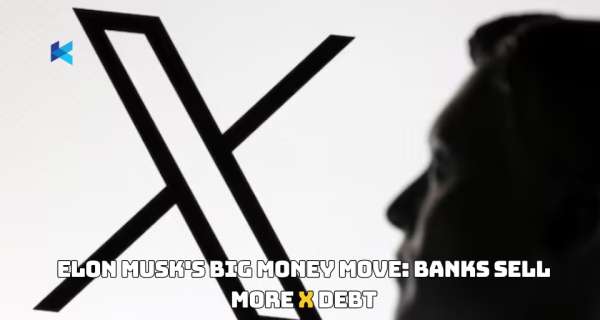
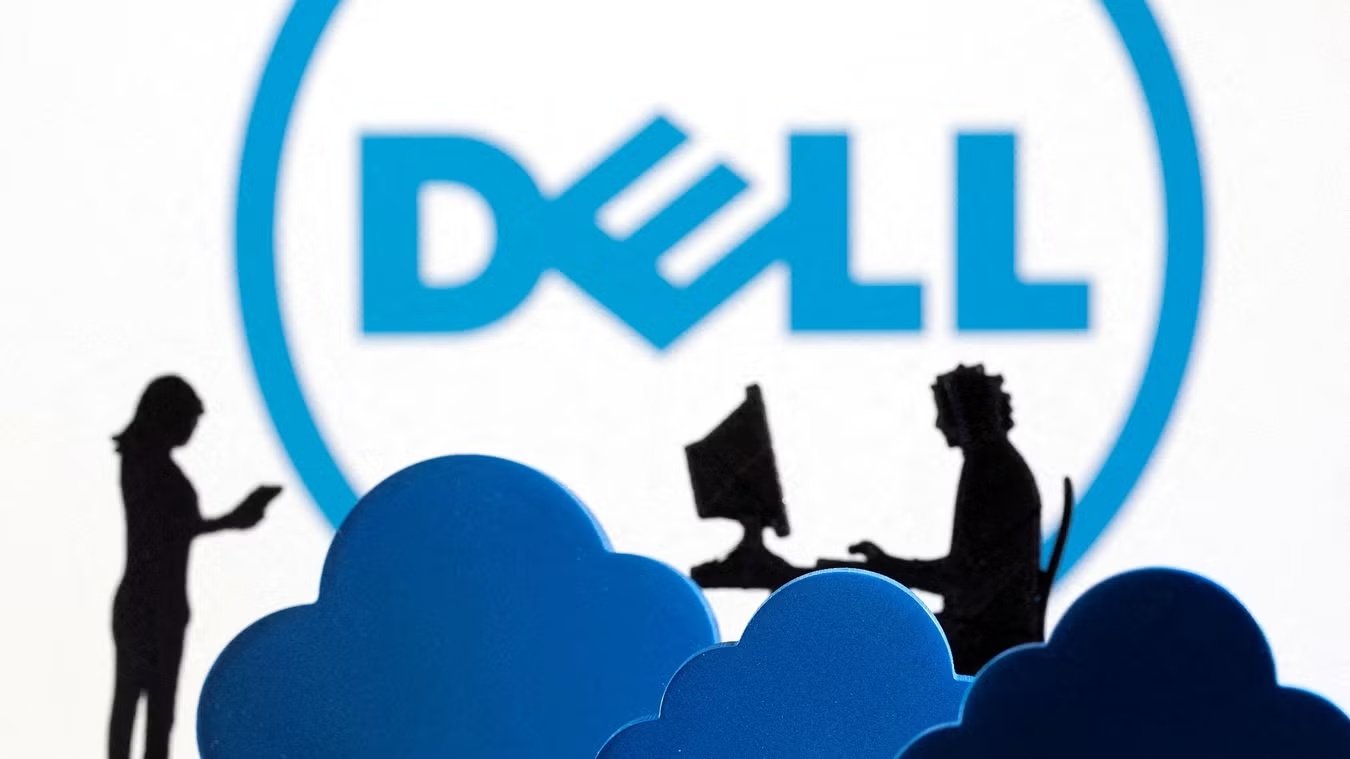

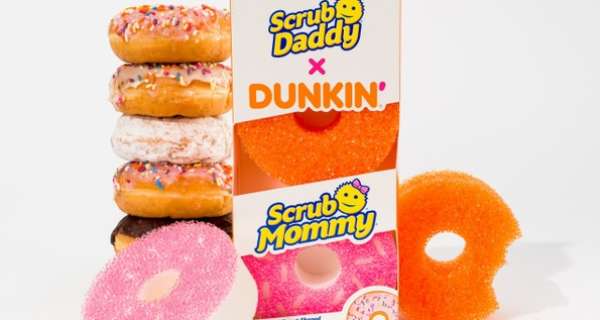
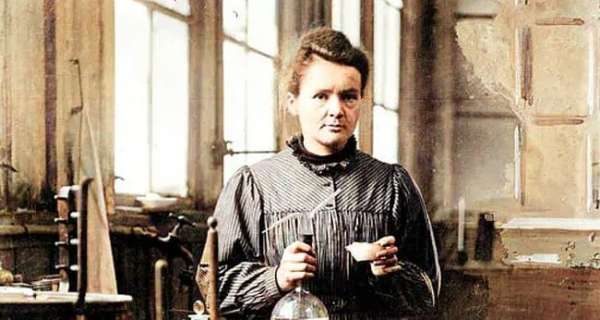
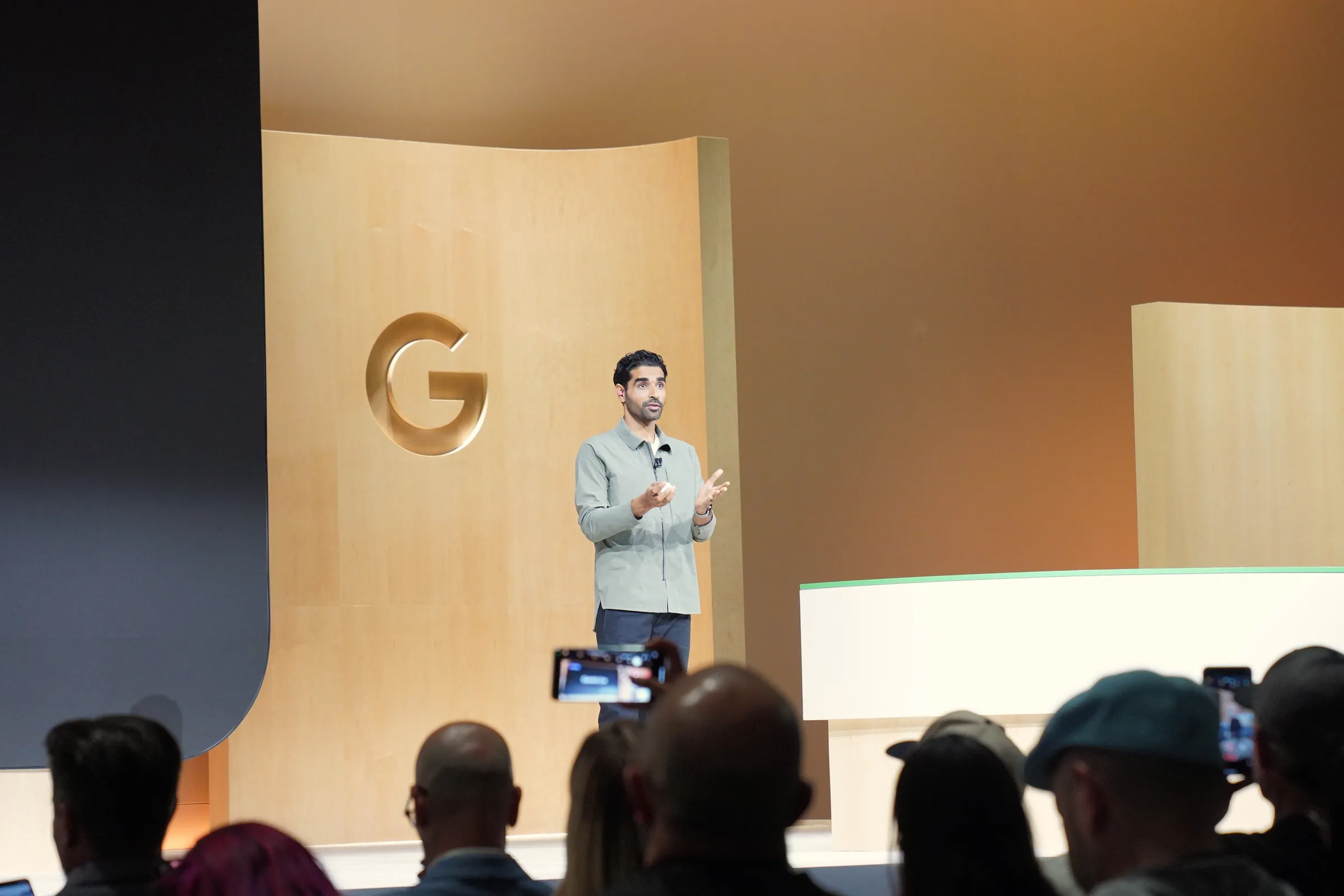


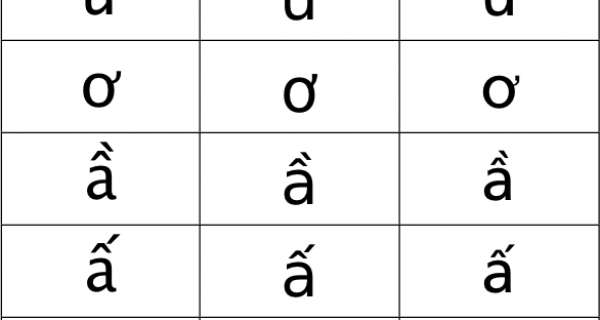
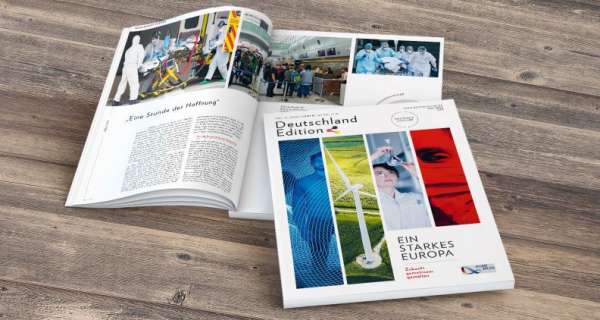
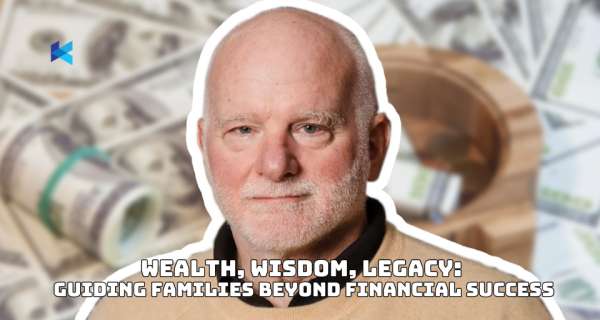
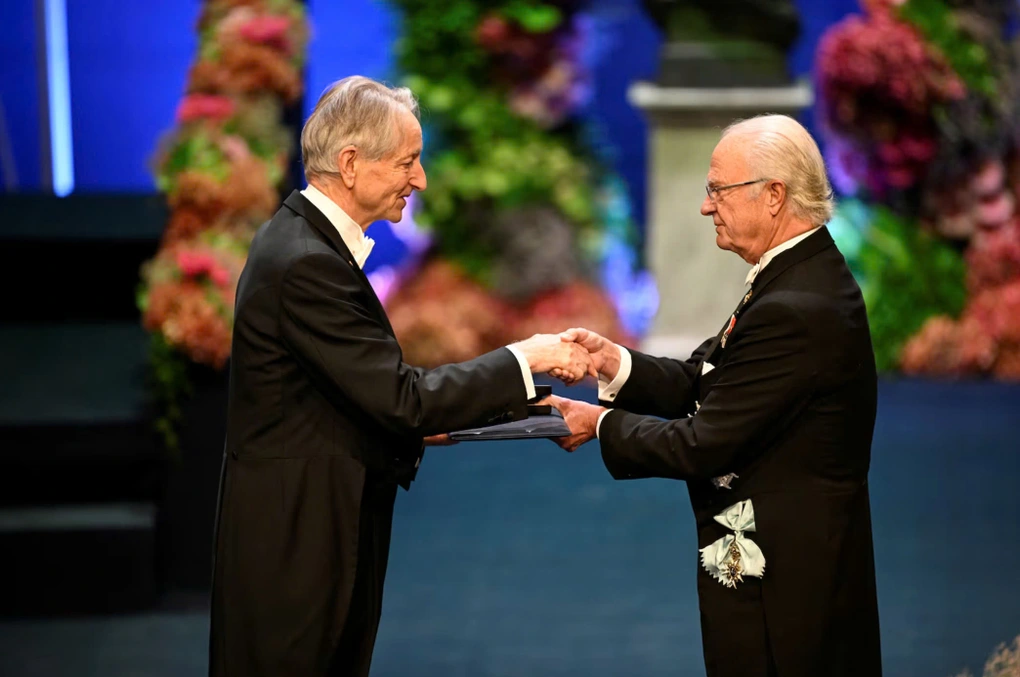



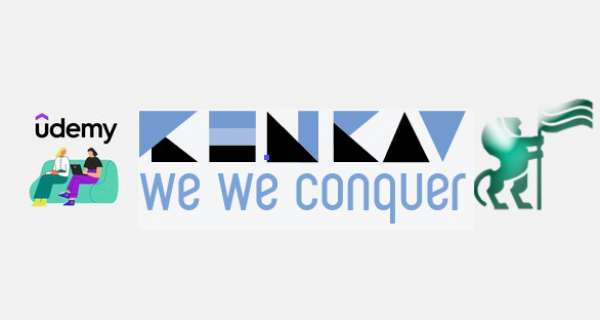



0 Comments